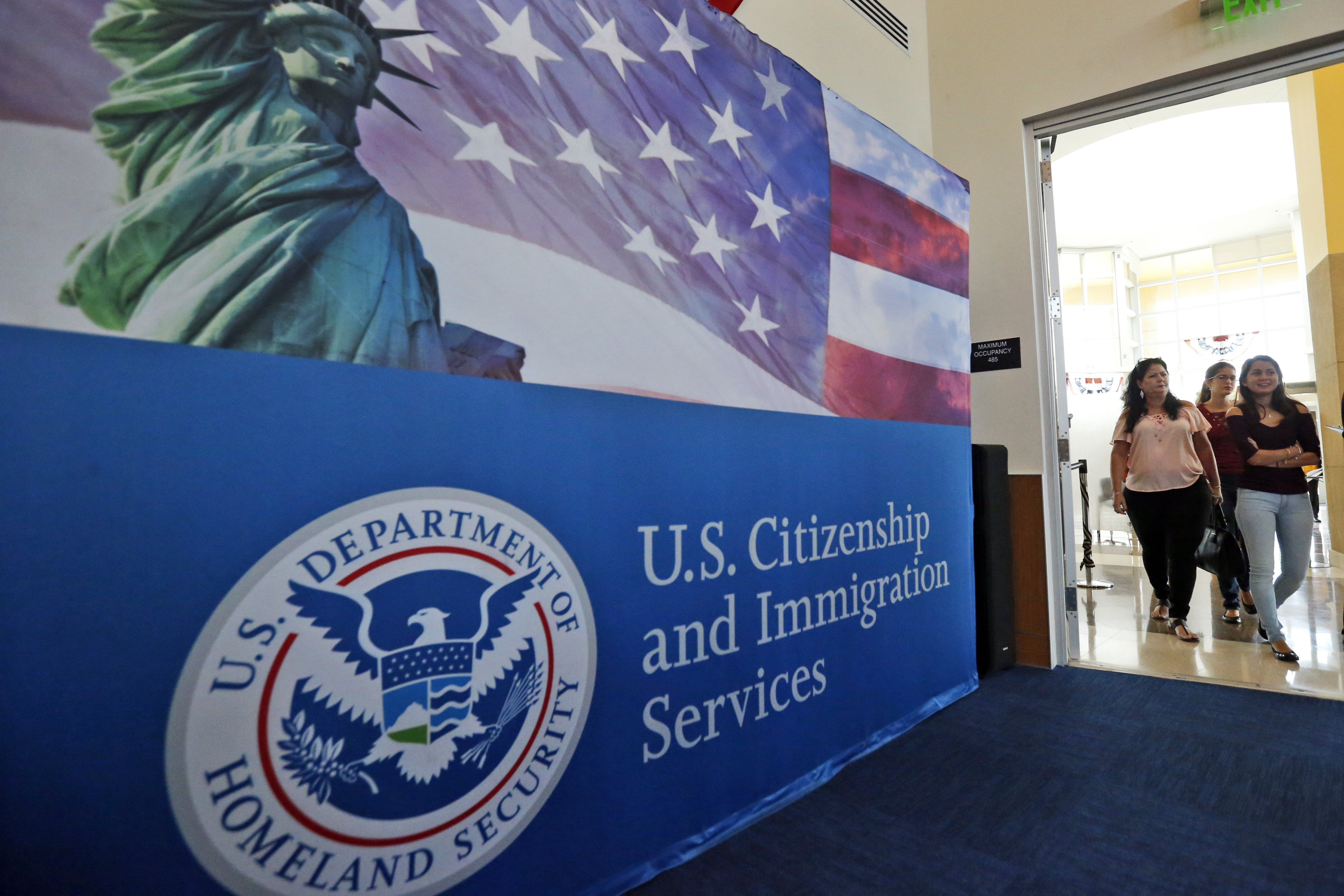Despite the trade and tech war between Washington and Beijing, some analysts are seeing signs China may favor President Donald Trump ahead of the November election.
Clint Watts, a fellow at the Foreign Policy Research Institute and a former FBI special agent, says something shifted in the last 60 days, as positive depictions of “Emperor Trump” and President Trump as a nation builder for China gained traction online.
"This sort of information war, U.S. versus China, can be dual purpose. You can battle it out on trade, you can battle it out on tech. But underneath the surface, they see the Trump era as being an opportunity for them,” Watts told Newsy.
That sentiment contradicts the president’s tough public rhetoric and policies meant to counteract China’s rise -- but it also isn’t new.
"There are many officials in Beijing who have long viewed the Trump presidency as an opportunity to showcase that they're a responsible stakeholder in the world order by comparison," says Allison Sherlock, a China researcher at the Eurasia Group.
Nine current and former Chinese officials told Bloomberg News the president’s eroded alliances dwarfed their disputes. And during the coronavirus pandemic, China has made global overtures to show leadership. It also moved to make trade agreements with other countries after the U.S. levied tariffs against Mexico and the European Union.
"Because of Trump's unique America First doctrine, it gives China the opportunity to say, ‘No, we are the global collaborator. We're willing to strengthen multilateral institutions rather than withdraw from them,’" Sherlock says.
The apparent warming to another four years of President Trump emerges as former national security adviser John Bolton, in an excerpt of his forthcoming book, describes the president as “pleading” with Chinese leader Xi Jinping “to ensure he’d win” reelection.
President Trump calls the book a "compilation of lies" and his administration is suing. And within hours of the excerpt's release, the president signed a bill to punish Chinese officials linked to human rights abuses of a minority group, Muslim Uighurs.
"They understand that this hawkish stance is really a sea change in U.S. politics and that even if we have Joe Biden in office, that they're still going to be those voices calling for stronger sanctions, going to get tougher on these human rights issues," says Sherlock.
Last year, the president also publicly called on China to investigate his Democratic rival, Joe Biden, and his family.
"China should start an investigation into the Bidens," Trump told reporters.
Biden, now the presumptive Democratic presidential nominee, has called for multilateral engagement -- and blamed President Trump for not being hard enough on China during the pandemic.
What’s clear: criticism of China remains bipartisan before November.
Sasha Ingber, Newsy, Washington











